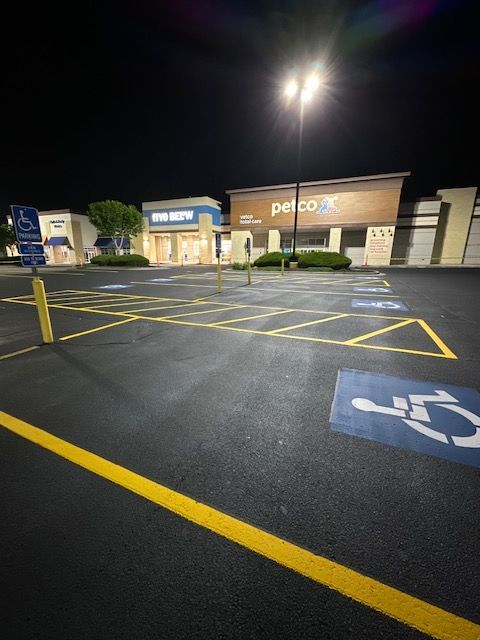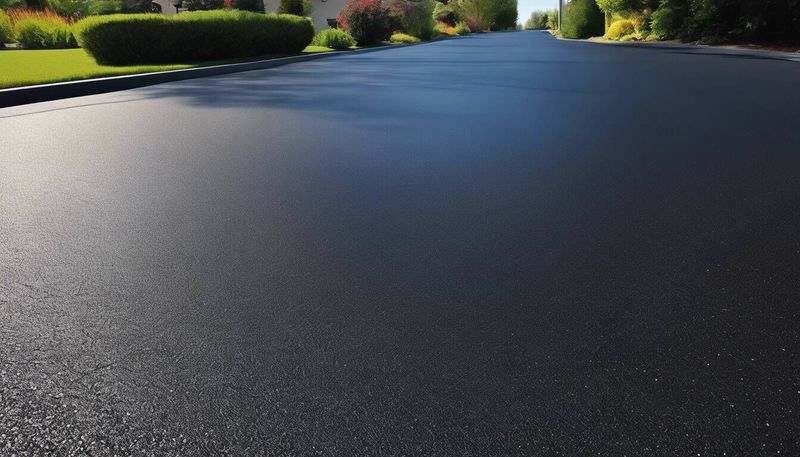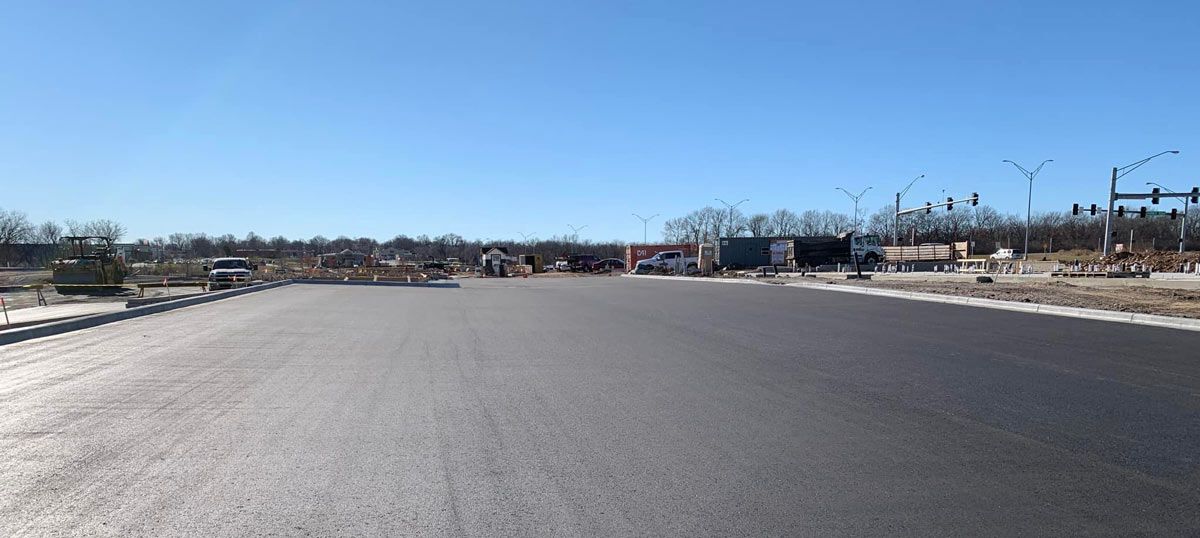Asphalt sealers are essential for maintaining the longevity and appearance of asphalt surfaces, such as driveways and parking lots. Among the various options available, coal tar and asphalt emulsion sealers have garnered attention due to their unique properties and benefits. In this article, we'll dive deep into the nuances of Coal Tar vs Asphalt Emulsion Sealers: What’s the Difference?, exploring their composition, applications, benefits, and considerations when choosing between them.

Understanding Asphalt Sealcoating
What is Sealcoating?
Sealcoating is a protective layer applied to asphalt surfaces to enhance durability and aesthetics. It acts as a barrier against harmful elements like UV rays, oil spills, and water infiltration.
Importance of Sealcoating
Regular sealcoating extends the life of your asphalt driveway or parking lot by preventing oxidation and deterioration. This maintenance service is crucial for residential paving services as well as commercial paving services.
Types of Sealers
There are primarily two types of sealers: coal tar-based sealers and asphalt emulsion sealers. Each type has its own set of properties that make it suitable for different applications.

Coal Tar vs Asphalt Emulsion Sealers: What’s the Difference?
Composition of Coal Tar Sealers
Coal tar is a byproduct derived from the carbonization of coal. It contains numerous organic compounds that provide excellent resistance to gasoline, oils, and chemicals.

Composition of Asphalt Emulsion Sealers
Asphalt emulsions are created by mixing asphalt cement with water and an emulsifying agent. These sealants are more environmentally friendly compared to coal tar products.
Durability Comparison
- Coal Tar: Known for its superior durability in high-traffic areas. Asphalt Emulsion: Offers reasonable durability but can wear faster than coal tar under extreme conditions.
Cost Analysis
When considering asphalt paving cost or sealcoating cost, coal tar tends to be less expensive upfront compared to asphalt emulsion sealers. However, the longer-lasting effects may balance out the initial investment in a higher-quality sealer.
Application Differences Between Coal Tar and Asphalt Emulsion Sealers
Preparation Process
Before applying any sealer, proper preparation is key:
Clean the surface thoroughly. Fill cracks with appropriate asphalt crack sealing solutions. Allow sufficient drying time before application.Application Techniques
- Coal tar requires specific application methods; professionals often recommend spray application for even coverage. Asphalt emulsion can be applied using brushes or rollers for localized areas or small patches.
Environmental Considerations
Volatile Organic Compounds (VOCs)
Coal tar contains higher levels of VOCs compared to asphalt emulsions. Thus, while choosing a product, consider your local regulations regarding VOC emissions.
Environmental Impact Assessment
Asphalt emulsion sealers typically have lower environmental impacts due to their water-based nature. As cities move towards sustainability practices, this factor cannot be overlooked.
Performance Characteristics
Resistance to Chemicals and Oils
Both sealants offer good resistance against automotive fluids; however:
- Coal tar provides superior chemical resistance. Asphalt emulsions are adequate but may require more frequent maintenance in heavy-duty applications.
Weather Resistance and Longevity
Coal tar excels in extreme weather conditions due to its robust formulation while asphalt emulsions perform adequately but may not withstand harsh climates long-term without additional maintenance.
Application Areas for Both Types of Sealers
Residential Driveway Applications
For homeowners looking into new asphalt driveway installation or driveway resurfacing projects:
- Coal tar is often favored for its longevity. Asphalt emulsion can be a budget-friendly option without compromising too much on quality.
Commercial Parking Lot Applications
Business owners seeking parking lot striping services should weigh both options:
- Coal tar works well for high-traffic commercial spaces needing durable solutions. Asphalt emulsions are suitable for less intensive environments but may need more frequent maintenance checks.
Maintenance Routine After Application
Frequency of Reapplication
Typically:
- Coal tar needs reapplication every 3–5 years depending on traffic levels. Asphalt emulsions may require more frequent reapplication every 1–3 years based on usage intensity.
Signs Your Surface Needs Attention
Watch out for:
Cracking Fading Water poolingFAQs About Coal Tar vs Asphalt Emulsion Sealers
How long does each type take to cure?- Coal tar usually cures within 24 hours; asphalt emulsion takes about 48 hours depending on weather conditions.
- While DIY options exist, hiring professional asphalt paving contractors ensures optimal results with proper techniques.
- Typically, coal tar is less expensive per gallon than asphalt emulsions; however, consider longevity when calculating total costs over time.
- Yes, prolonged exposure can pose health risks; therefore it’s crucial to follow safety guidelines during application.
- Coal tar generally offers greater longevity compared to asphalt emulsions in high-use environments.
- It depends on your specific needs; if you want a long-lasting solution with robust protection against wear and tear—opt for coal tar!
Conclusion
When considering whether to use coal tar or an asphalt emulsion sealer for your next project—be it residential driveway repair or commercial parking lot striping—it's essential to evaluate your specific needs against performance characteristics, environmental impact, cost considerations, and maintenance commitments associated with each product type.
In summary, both options have their pros and cons that cater well to different scenarios within the realm of pavement preservation and protection strategies such as sealcoating driveway installations or routine maintenance practices among best paving companies near you! Always consult with experienced professionals like trusted paving contractors when making your decision—because at the end of the day, preserving your investment is just good business sense!
Ultimately it's about finding what works best for you while ensuring quality results through informed choices!